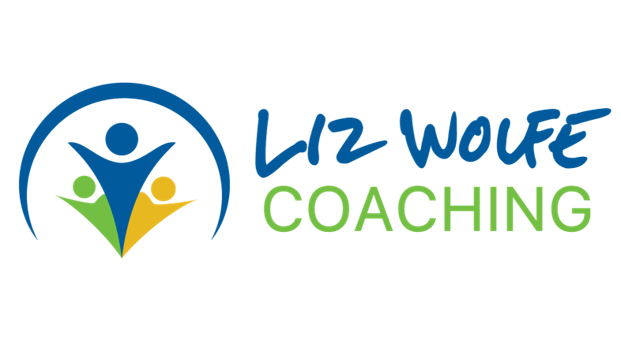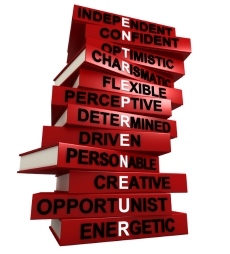
07 Apr The problem with free time
I had a revelation about time one afternoon when I was chatting with my aunt. She had recently retired, and she was telling me about how she had gained weight since she stopped working. She said that while she enjoyed walking for exercise, she just never seemed to get around to doing it.
Until our conversation, I had bought in to the commonly accepted idea that “if only I had more time, I would (write my book/exercise/learn more about social media marketing/fill in the blank.)” It was my main excuse for my unfinished projects. But in that moment, I realized: how much time I have has nothing to do with whether or not I accomplish anything.
My aunt had all the free time in the world since she had no other responsibilities. And yet, she still never “found” the time to get her walks in.
When I know I have a “free” day, I’m excited about how much I’ll be able to do. But more often than not, I get to the end of the day dissatisfied with how much I got accomplished. It seems that when I have “all day” to work on something, it takes me “all day” just to get around to starting it.
As it turns out, the exact opposite of what we expect is true. The more free time we have, the less we actually get done. Why? Because our motivation actually increases the less time we have available. The pressure of a deadline gets us into action.
Many entrepreneurs are faced with this challenge during this pandemic. The structures that we had in place for our businesses have been changed – we may no longer be able to see clients or projects may have been put on hold. The “free time” we always dreamed of is finally here, and yet we are whittling it away.
So if more available time isn’t the answer to getting things done, what is? It’s the commitment you make to yourself to complete the task. Here are some tips I’ve heard from clients about what’s been working for them to stay on track:
- Create a routine for your day. It sincerely won’t work to wake up in the morning and “wing it”. That huge gap of open space on your calendar could be filled with many things, including washing the dishes, scrolling through FB, reading the news, answering emails… you get the point. It’s been especially helpful to me to have a morning routine a la “The Miracle Morning” (watch author Hal Elrod explain it here.)
- Give yourself deadlines. According to Parkinson’s law, “work expands so as to fill the time available for its completion.” So give yourself half as much time as you think you’ll need to get something done. I guarantee you’ll accomplish more in that short timeframe than you will if the goal is open ended.
- Have an accountability partner. This is one of my roles as a coach, but you can also ask a colleague or friend to hold you accountable for your goals.
- Use a Pomodoro timer. This was recommended by someone on last week’s Zoom group call. The idea is to work for 25 minutes and then take a 5 minute break. You can Google this technique for more information.
Have you ever wondered about your own strengths and weaknesses as the “CEO” of your business? I’ve created a quiz that can help you gain insights into your leadership style and areas for growth. It’s a fun way to reflect on your skills and discover opportunities for development. Take the quiz and unlock your CEO potential today! Click here to take the quiz.


